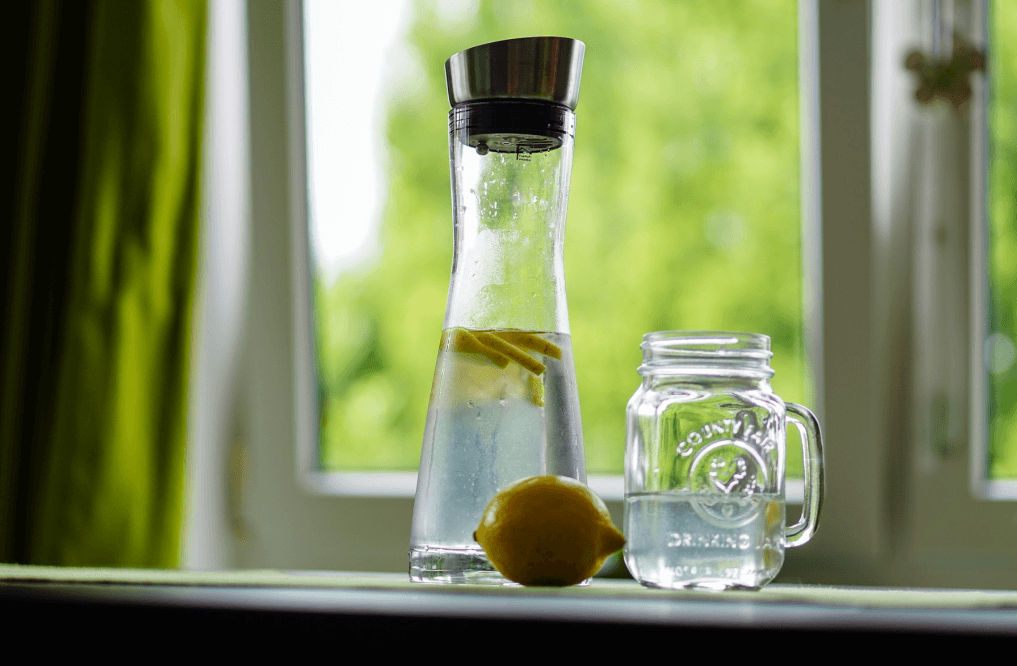
Wouldn't breastfeeding be harder than formula feeding?
Will I experience sagging of the chest or physical pain?
Today, we have compiled a number of questions that people who are about to breastfeed may be curious about. What kind of questions have been asked?
Breastfeeding Questions
Q. Is breastfeeding more difficult than formula feeding?
There are pros and cons to any breastfeeding method. If you choose formula, you need to wash and care for the baby bottle and prepare the formula to use it at an appropriate temperature. However, in the case of breastfeeding, it can actually save you time.
You may be more comfortable during the night feeding process as you don't have to wake up in the middle of the night to find a bottle. In addition, the hormone oxytocin, released by breastfeeding, may make the mother feel good and drowsy.
Q. Should I eat a lot of nutritious food if I am breastfeeding?
A normal diet is sufficient. Even if your body lacks some nutrients, your body produces the perfect breast milk for your baby. So, there is no need to stick to certain foods or avoid certain foods. It's okay not to avoid spicy foods, etc.
Q. Do I need to drink a lot of water when breastfeeding?
Breastfeeding mothers also intentionally consume large amounts of fluid. Increasing your fluid intake does not mean increasing your milk supply. On the contrary, drinking too much water can reduce the amount of milk produced. All you need is enough to quench your thirst.
In the past, there was the suggestion that mothers should avoid nuts while breastfeeding for prevention if either the mother, father, or siblings have a history of atopic dermatitis. There is no evidence that a mother’s food restriction during lactation prevents atopic dermatitis, so it is okay to not restrict certain foods.
Q. Will my nipples hurt while breastfeeding?
They may hurt sometimes, but if your nipples consistently hurt, you should review your breastfeeding position. When your baby opens their mouth wide, you need to place your nipple securely within their mouth. The baby's nose and chin should be facing the mother's breast, and the baby and mother's chest should be facing each other. Make sure your baby's lips are wide open enough when breastfeeding.
If your baby only opens their lips a small amount and sucks only the nipple, the child may bite the nipple and injure it. If the nipples are not releasing milk due to the baby’s inability to latch on properly, try opening the baby's mouth slightly by stimulating the area around the baby's mouth to release the milk. Be careful, as forcing it may cause injury.
Q. What should I do if my child is unable to breastfeed?
If your breasts are too full, your baby may not be able to latch on properly. In this case, it is helpful to express very little milk. After all, your child will one day learn to suckle on their own. Rather than thinking too impatiently, it is better to approach it patiently, as it needs time. It is also necessary to hold your breast with one hand and guide it into the child's mouth.
# Parenting advice from Director Hyang-Hwa Kwon
What if you sometimes get confused because you have too many questions?
Numerous questions will come to the mind of a mother every moment she feeds and raises her baby. You may always search and search for knowledge, but it is difficult to find a specific answer.
This is because everyone’s experience is different, and even if you find an article that looks like an answer, it is difficult to apply because doesn’t quite fit my situation and my baby’s age. It is very stressful for the mother to repeat this situation every day.
Think again about the myriad of questions that pop into the mother's head. They often experience a foreboding anxiety about something that hasn't happened yet, worrying about things that haven't happened in advance.
This can be alleviated by watching your mysterious baby, changing their diapers when they cry, noticing when they cry when they are hungry and feeding then, and noticing when they are crying because they are sleepy and putting them to bed. Trust the baby. Your baby will naturally grow well despite your anxiety.
---------------------------------------------------
Author: Kwon Hyang-hwa
- Newborn Childcare Coach
- IBCLC International Breastfeeding Specialist
- Worked as the director of a postpartum care center for 10 years.







